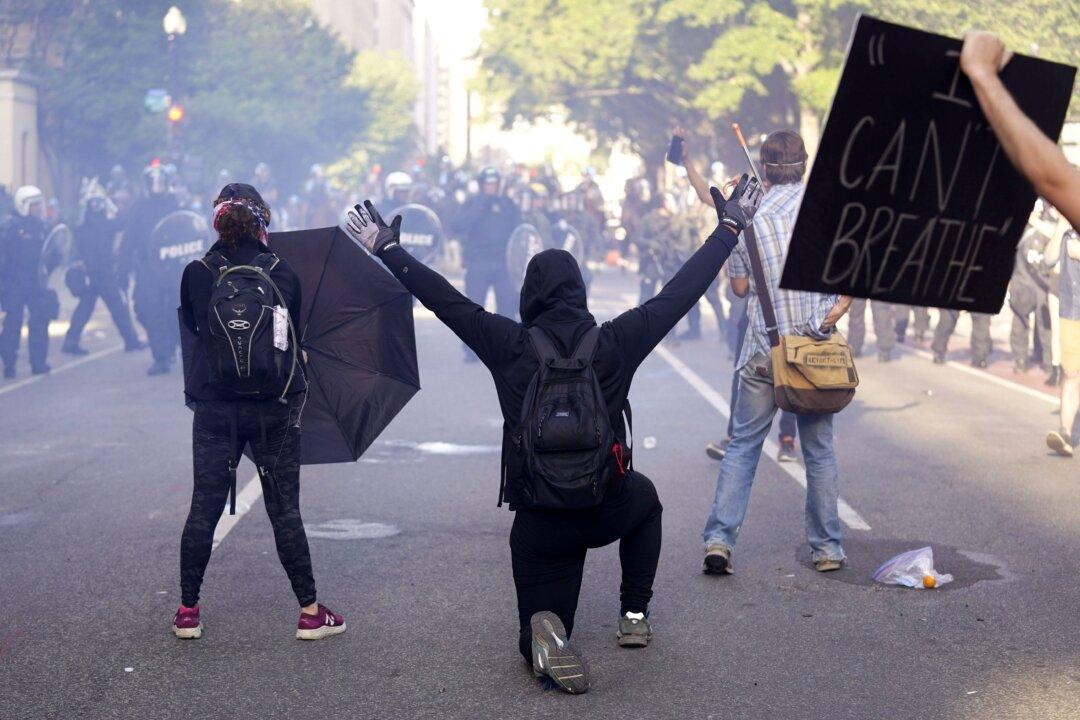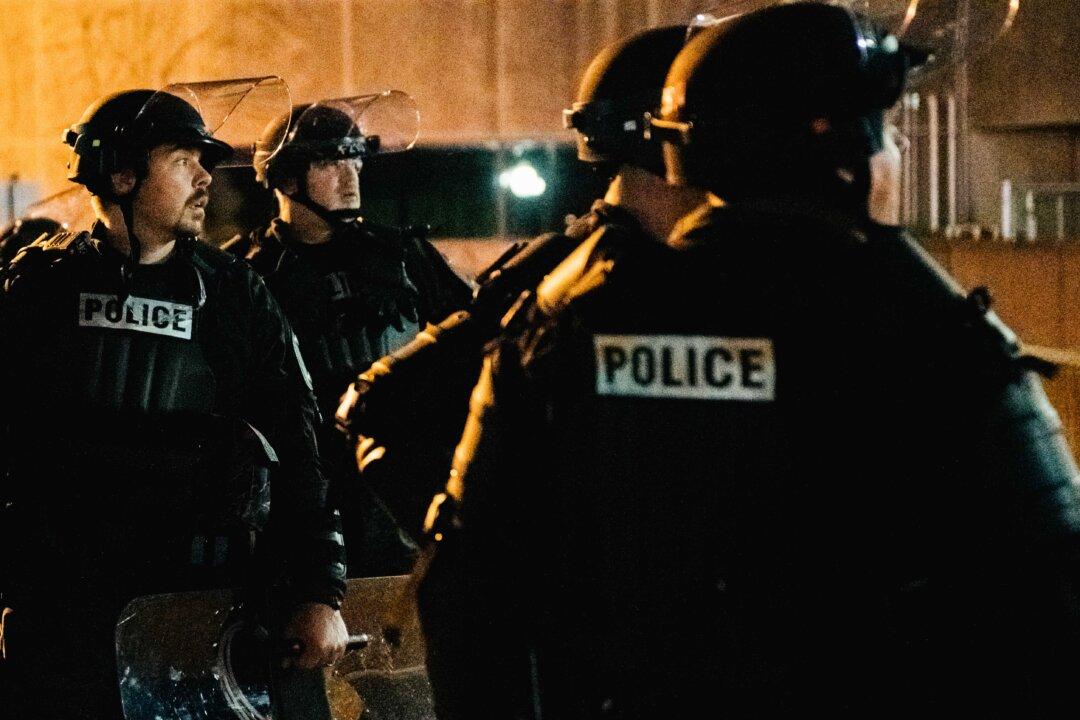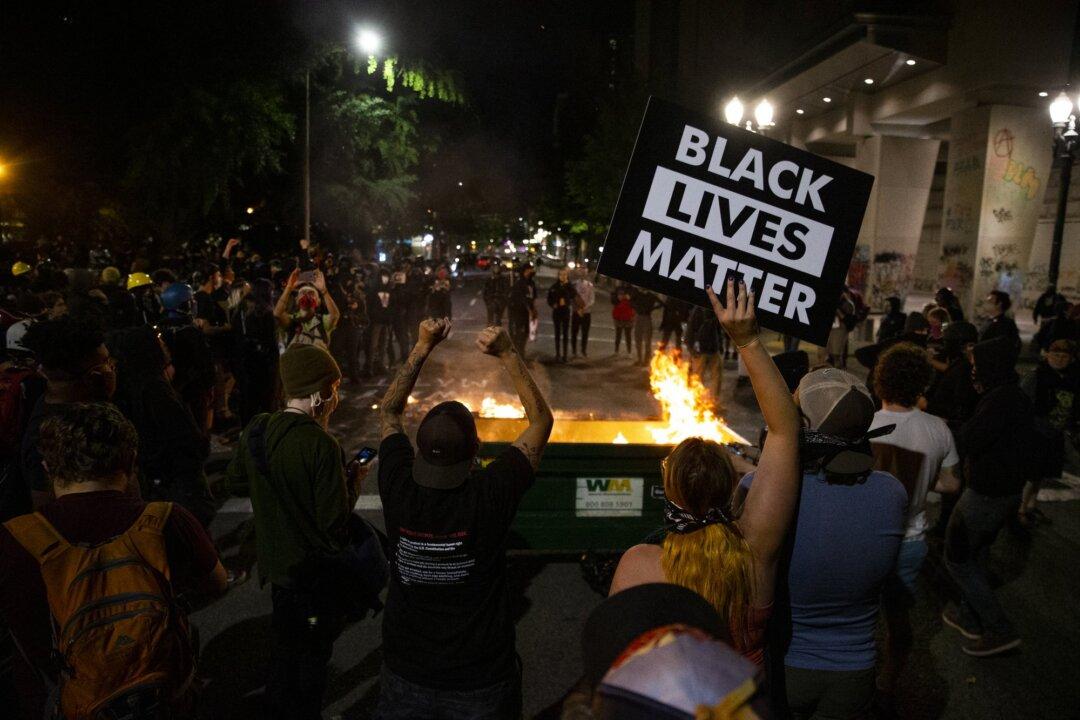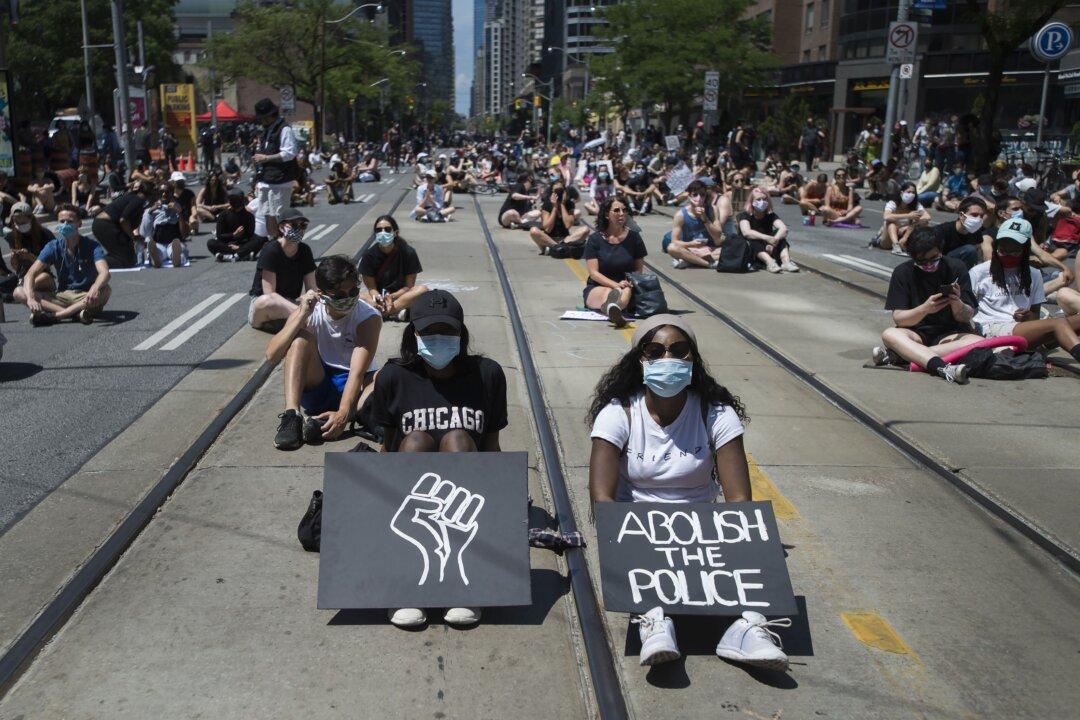Commentary
To be a police officer is to hold an important office of public trust, as the powers bestowed on the police are second to none. No other person or office is entrusted with the legal authority to use force and to suspend a person’s freedom in the pursuit of justice. As is presently being seen in the United States, if that trust is broken, then the mission is lost and chaos reigns.




